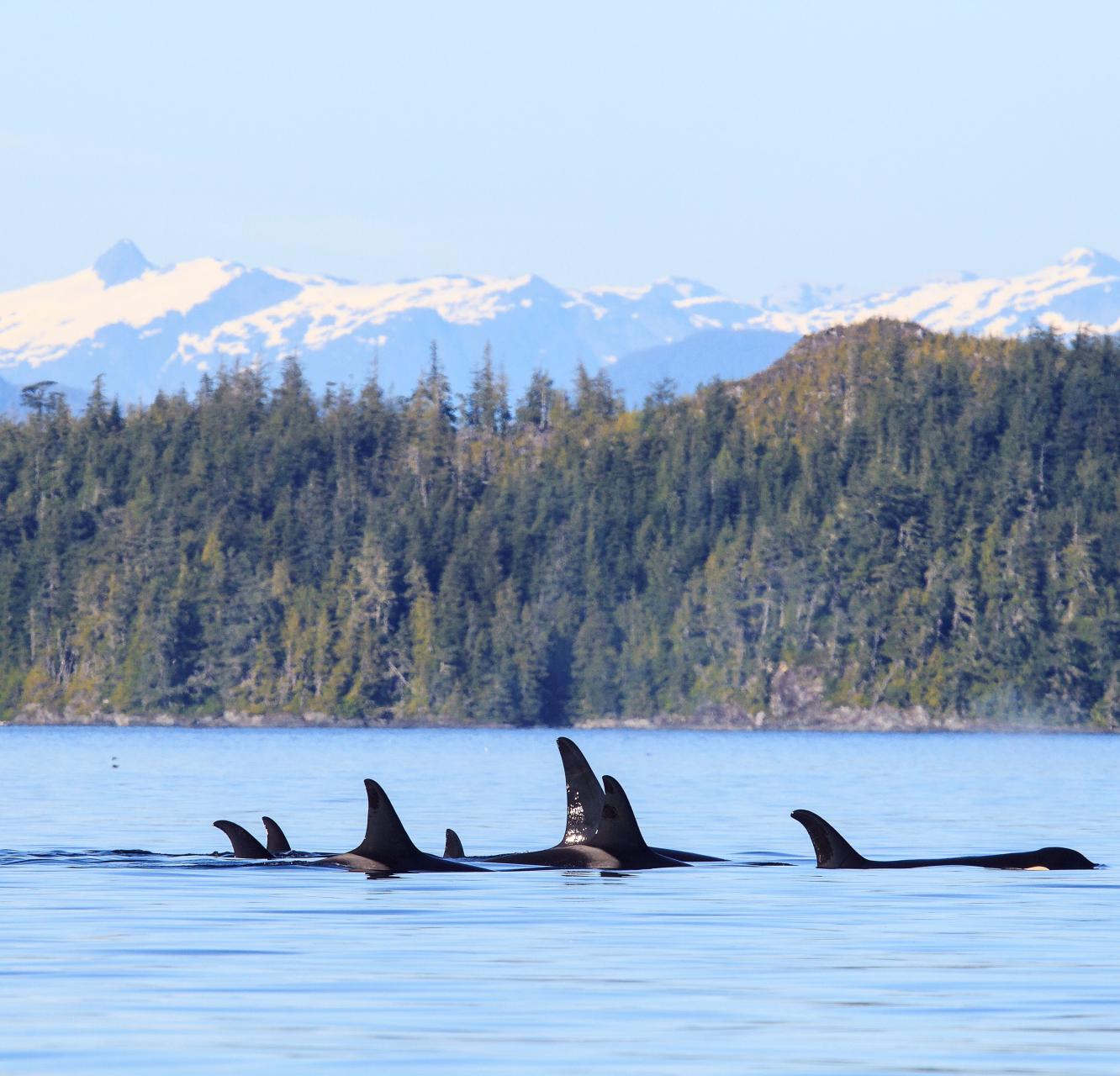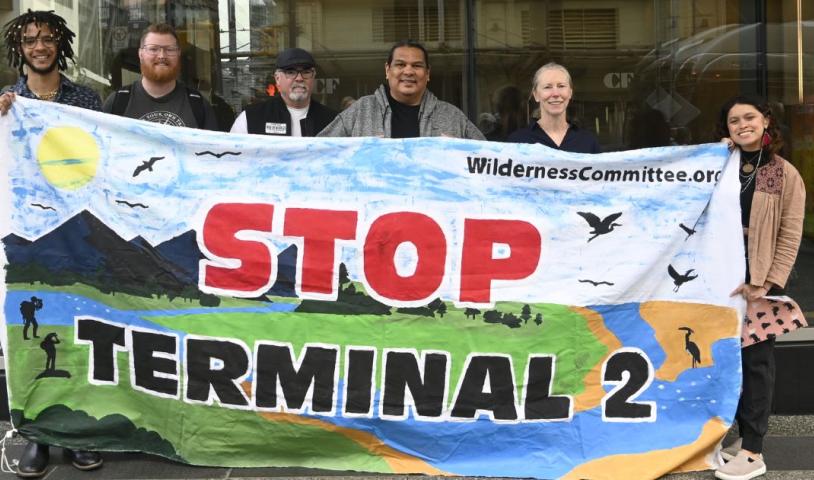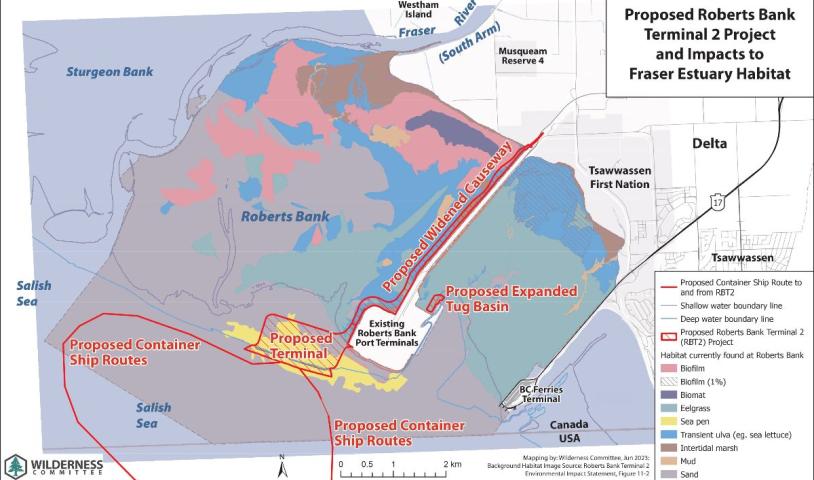BC 's killer whales need a good strong law to protect habitat
Wednesday, December 7, 2011
Canada’s at risk killer whales need a good strong law, not political discretion, to protect their habitat.
To ensure that we have killer whales now and into the future, the Wilderness Committee and eight other environmental organizations, represented by Ecojustice, headed back to court on November 30 to make sure that the southern and northern residents, two distinct populations of killer whales, are properly protected under Canada’s Species at Risk Act (SARA).
Today, there are just 87 southern residents off the coast of British Columbia and 264 threatened northern residents. Late last year a significant legal case in the Federal Court confirmed that the Canadian government has a legal duty to protect all aspects of killer whale critical habitat — including the salmon the whales eat and the quality of the ocean environment where they live — as outlined in the SARA. BC’s killer whales, like 84% of Canada’s species at risk, are threatened because of the loss and fragmentation of their habitat.
Our victory, however, was short-lived as the federal government appealed the ruling forcing us to return to court.
In a nutshell the federal government wanted the Fisheries Act to apply to BC’s killer whales instead of the much stronger provisions of SARA. Unfortunately, the Fisheries Act allows broad discretion for the government to authorize activities that destroy whale habitat.
Essentially, Ottawa wanted the protection of BC's killer whales to be a matter of political discretion. Our killer whales deserve better. The Wilderness Committee believes that the southern and northern residents need the mandatory and enforceable provisions of SARA if they are to survive and recover.
This court case is very important not only for killer whales but it also has implications for 90 other marine species listed under SARA.
Stay tuned for the court’s decision. We will let you know as soon as we find out. In the meantime enjoy this video of southern resident killer whales at play.
Gwen Barlee | Policy Director
Wilderness Committee






